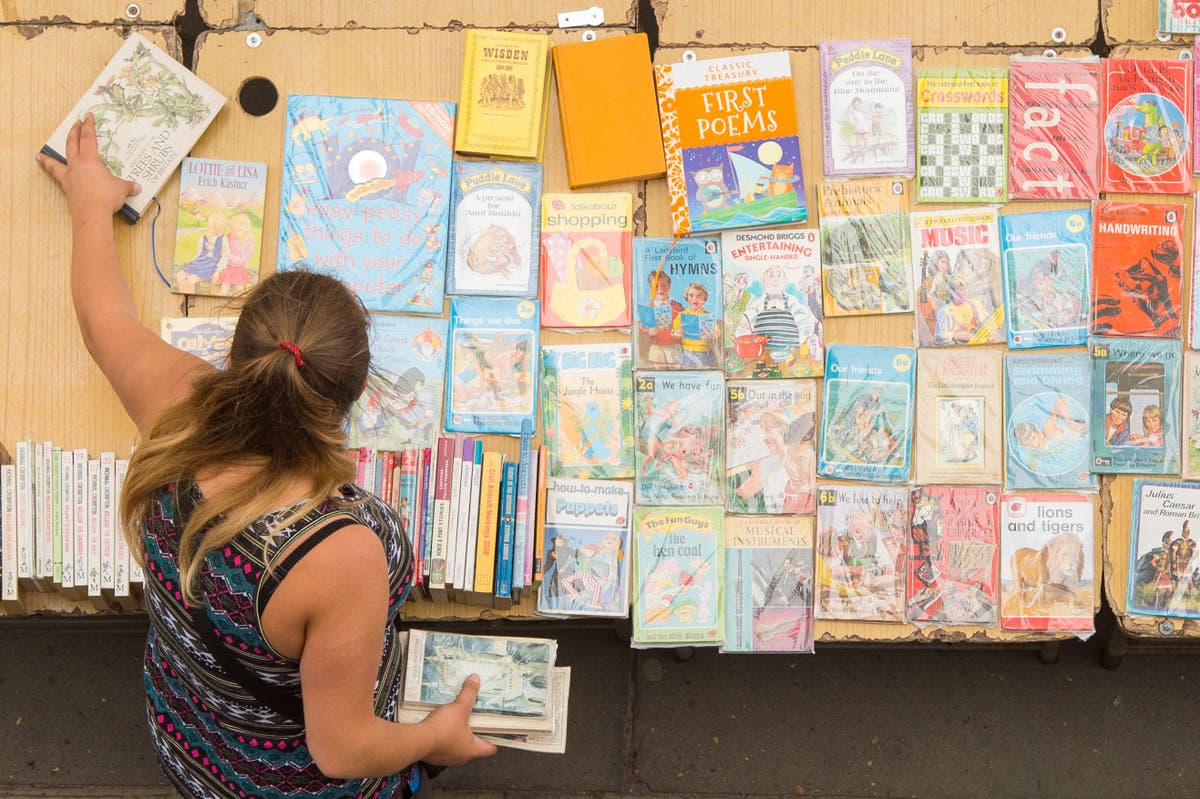Poor literacy levels in young children could cost the economy £830m, a think tank has said, as data reveals how children in disadvantaged areas are falling behind their peers.
Around 187,000 five-year-olds in England – or 30 per cent – are falling behind their expected reading levels, data from the year 2022/23 showed. This is compared to 27 per cent in 2018/19.
An increasing number of families have been unable to access the right early years support in the wake of the pandemic and the cost of living crisis, experts said. Lockdowns also meant that families didn’t have access to education and care at key stages of their children’s development, the National Literacy Trust said.
Some 125,000 five-year-olds – 20 per cent of their cohort – are also behind on their communication and language skills. This is compared to 18 per cent in 2018/19.
Researchers found that poor literacy skills will end up costing the economy £830m over the lifetimes of each year group of five-year-olds, or £7,800 per child.
This adds up to a £5,300 loss in potential earnings per child over their lifetime, research from Pro Bono Economics has found. It will also cost an average of £2,500 per child in additional support from the government, the charity said.
Those in more deprived areas of the country are the worst affected, with 43,000 of the five-year-olds not meeting the right reading levels living in these regions.
In Birmingham, Liverpool and Manchester, more than a quarter of five-year-olds have low levels of literacy, researchers found.
In the year 2022-2023, the North West, North East, West Midlands, and Yorkshire and the Humber were among the regions with the highest rates of children struggling to meet the literacy standards.
Jonathan Douglas, chief executive of the National Literacy Trust, called on the government and local businesses to support their campaign of outreach to children in areas hit worst by the cost of living crisis.


